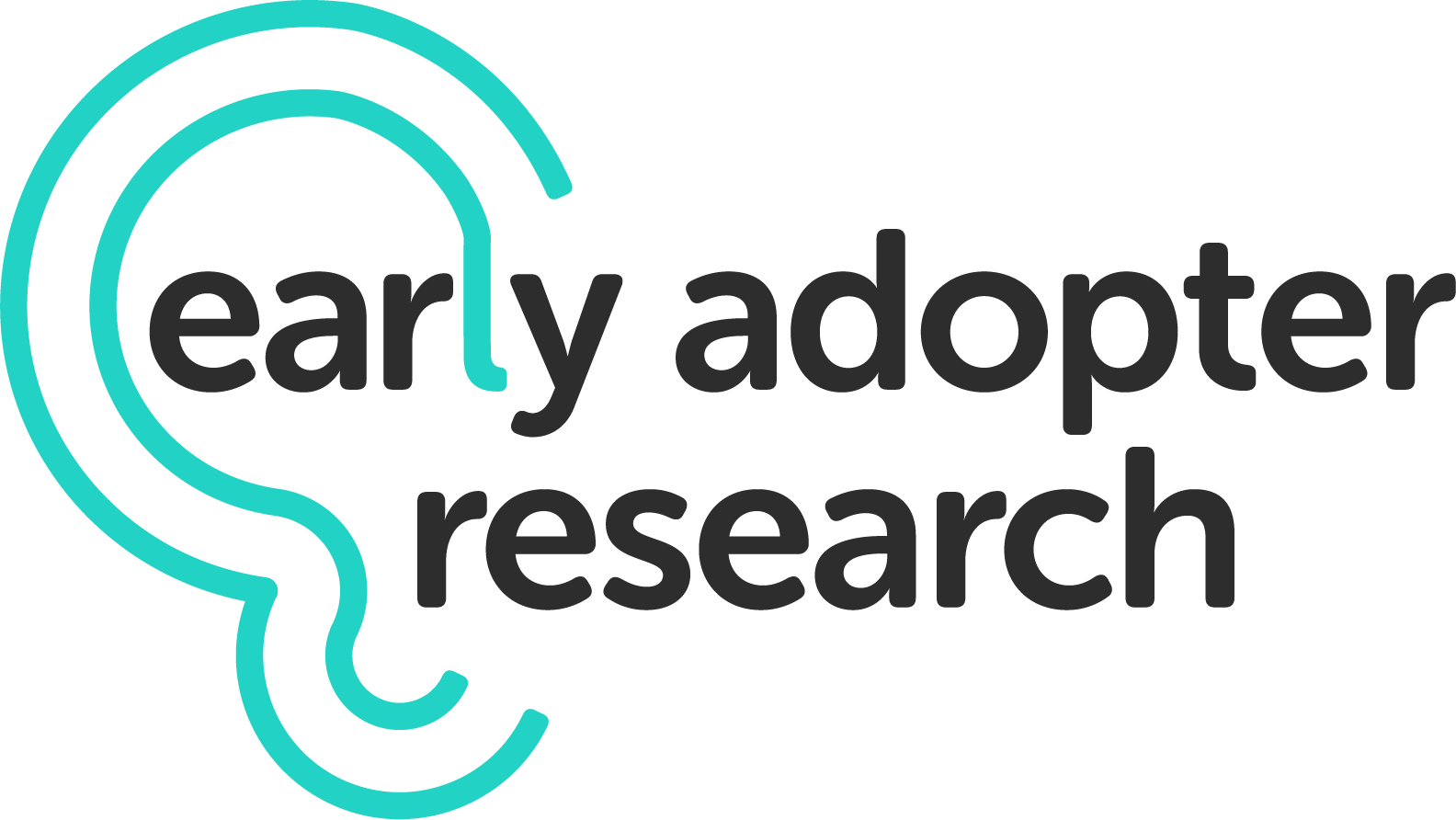Based on a series of interviews with executives who successfully transitioned their organizations to third-party support.
Don’t let Oracle tie knots around you with its support and maintenance contracts. Complexity is Oracle’s friend, and knowledge will keep it from getting the better of you. Here are a few lessons learned from companies that made a move from Oracle to third-party support.
Get your licensing in order
Oracle has different types of licenses, including code-based licenses, processor-based licenses, revenue-based licenses and concurrent-based licenses. It’s vital to understand what kind of licenses you’re using.
The first step is to make sure your licensing is in order. Invite a third-party to conduct an audit to make sure that everything is in order. Prepare yourself so there are no surprises if Oracle decides to audit you. If you’ve experienced an audit in the last five years and kept a close watch on their entitlements and usage, you’re unlikely to discover any surprises.
Second, ensure you have all the licenses you need during the time you’ll be on third-party support. For example, if your company grows through mergers and acquisitions, anticipate how this growth can impact the number of licenses you need. Get those licenses upfront.
Clarify licensing restrictions and cancellations
Seek clarification around licensing restrictions and determine whether you have the legal right to cancel your support and maintenance contracts. For some companies, licensing arrangements can become a sticky factor due to mergers and acquisitions. Ensure your legal and procurement teams go through the ordering document and contracts from Oracle with a fine-toothed comb. You want to understand what Oracle’s comeback might look like on both the contractual and tactical sides.
One organization’s due diligence involved examining all ordering documents and contracts and speaking with other reference customers that had shifted their support contracts to third-party support. Talking with other companies with experience leaving Oracle support provided the company with invaluable insight, helping to quell fears of reprisal.
Learn how entitlements are grouped
Getting clarity around your entitlements and the groups that those entitlements are grouped into from an Oracle perspective will provide clarity and answers. For example, how does Oracle view database technologies, what’s within that category and what falls outside it? Inspect your ordering documents to understand what’s grouped, your capabilities, and what potential concern there could be. If you work through those details carefully, Oracle will have less opportunity to challenge you on anything or come back to chase the revenue they’ll lose when you terminate a contract.
Don’t be fooled by subscriber fee exchanges
Oracle’s strategy is to move its customers to the Oracle cloud, where license fees are exchanged for subscriber fees. The forced march offers very little cost savings to customers. For one customer, every module the organization needed to implement would cost the company half a million dollars plus the subscriber fees. Oracle does not want to negotiate; that 22% support fee is their bread and butter, and they don’t want to leave the table without it.

